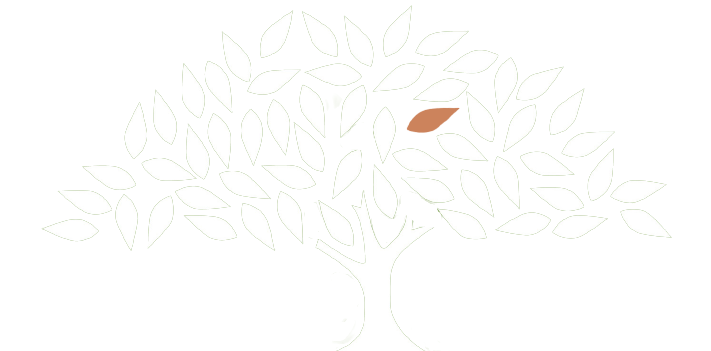What You Do Offstage Matters for What Happens Onstage
This blog is based on my new program.
Join me for a free, LIVE, interactive training:
What is “REAL” Self-Care and Why it is CRITICAL for Leaders!
What you do offstage (on your own time at home, or in your office, when no one sees you) to take care of yourself – really matters for what happens onstage. “On stage” is how you show up to your people as a leader. They see you in a meeting, on a Zoom call, in the corridors of your building, or in an email - and they notice what you say, how you say it, what you do, what energy “vibe” you give off. The sum total of this translates to how you embody your leadership. The degree to which you are able to be yourself and be the kind of leader your organization needs, is the degree to which you have taken care of your needs offstage – so you are fully present and “on” when you are in front of your constituents.
This month, I had an in-depth one-on-one conversation with over 15 leaders on their own self-care practices. One of the biggest things I learned is that everyone can use more support in setting or resetting their self-care practices in ways that are deeply nourishing AND sustainable.
Some people “don’t have time” for self-care practices. In other words, they haven’t prioritized it. Many leaders don’t prioritize it for a host of reasons, such as, it doesn’t fit into their plans or their ambitious goals. It doesn’t get prioritized until… there is a health scare, they are overloaded and starting to have a meltdown, they can’t make a key/pressing decision, they have high blood pressure, their partner is demanding they be home more, etc. There are a host of reasons as to why self-care can suddenly be prioritized.
I find “the ambitious goals” to be the reason for the lack of a robust, sustainable self-care practice, an interesting one since science now supports that health and well-being foster high performance/goal attainment. It’s not the other way around: when I’ve met my performance goals, I will take care of myself and/or be happy. More importantly, the outcome of a well-maintained self-care practice is that one tends to have more energy, be clearer thinking, and be calmer emotionally so they aren’t as reactive – all of which sets the stage for better relationships and better decision-making, which affect someone’s ability to perform.
When self-care is prioritized, it is sometimes approached to address the symptom, as a quick fix and/or to set goals as one would attack a work project. I’ll get a massage and de-stress. I’ll take a yoga class. I’ll do a gratitude journal to be more positive. I’ll take Joe out to lunch and reconnect. Sometimes this works. Sometimes it defeats the purpose, as the same push, drive, or frenetic energy that got you to this place initially, is being used to give yourself self-care or engage in self-care activities. It’s time that we truly get in touch with what is deeply nourishing, versus adding a self-care activity as another item on our “to-do” list.
And, don’t get me wrong, sometimes getting that massage or taking that yoga class is exactly what you need on that day. But if it’s a one-off activity that doesn’t necessarily help you support your self-care in the long term, then it’s addressing a symptom, perhaps obscuring a deeper need. I’m on the point about having go-to practices that help you proactively manage stress, keep perspective, rejuvenate, regroup, etc., versus pulling them up in a reactive way. I’d say, it’s a yes, and… you might need both - proactive and reactive ways.
What is “REAL” self-care and how are you doing with it? Please consider joining me for an interactive discussion on this important topic.
Upcoming Webinar Dates:
Reflection Questions
When was the last time someone said, “Wow! You were really “on” in that meeting!” What enabled you to be “on?” Is it sustainable amidst pressures, challenges, and deadlines? When was the last time someone said, “Hey, are you all right? You seem a little off or preoccupied?” If you were “off”, where could you be better tending to your own needs so you can better care for others and/or tend to your most pressing matters? How can you better support your own self-care practices and those of your people?
Suze Shaner is an executive coach and leadership & organization effectiveness consultant. She also teaches yoga and meditation – tools to keep one sane in uncertain times. She helps professionals step up to their fullest leadership, life and growth potential. At times this means getting out of their own way in getting important stuff accomplished. www.sagelead.com.
